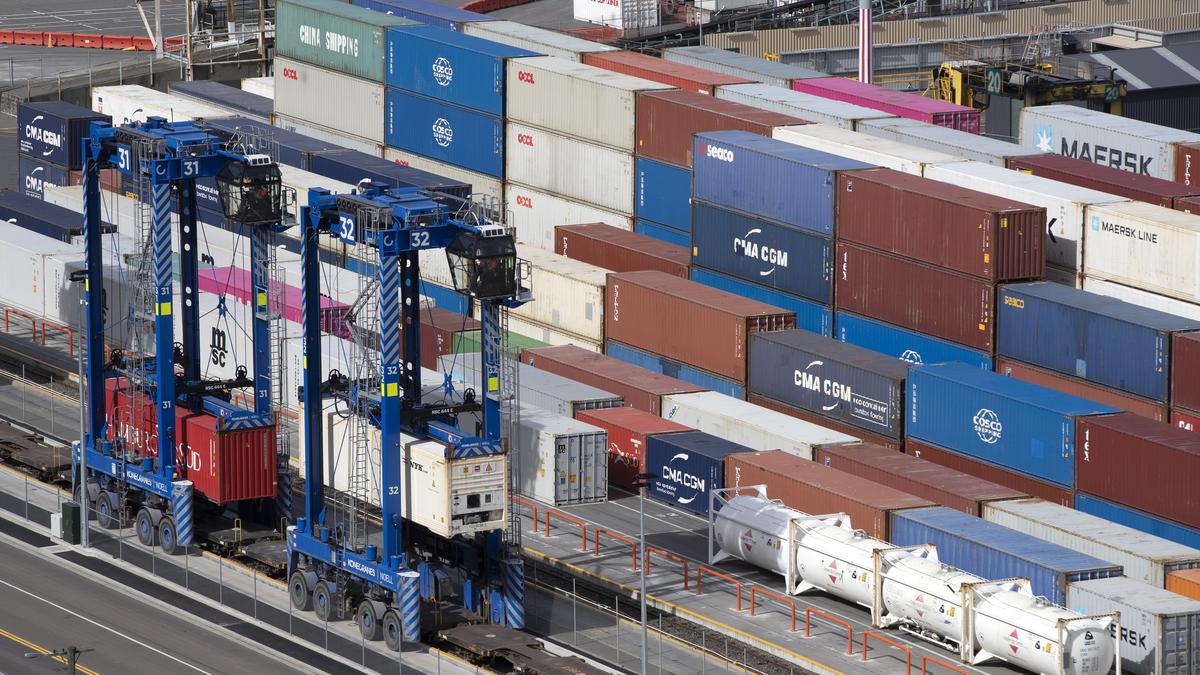
New Zealand’s economy dips into recession as higher interest rates bite
The Hindu
New Zealand’s economy dips into recession. Average house prices in New Zealand have fallen by about 18%. Kiwibank economists say the central bank had raised interest rates too high and they expect the economy will contract more over the year ahead.
New figures released on June 15 show that New Zealand’s economy has dipped into recession, as higher interest rates take their toll.
According to Statistics New Zealand (SNZ), the country‘s public service department, the Gross Domestic Product fell by 0.1% in the March quarter, following a revised 0.7% fall in the previous quarter.
That fulfils the nation's definition of a recession, which is at least two consecutive quarters of negative growth.
The slowdown comes after New Zealand’s central bank raised its benchmark interest rate 12 times straight to 5.5% in a bid to tame inflation. The rate is currently at its highest level since 2008, which makes it more expensive for people to borrow money for homes, cars and other purchases. The Reserve Bank of New Zealand has indicated that it doesn’t plan to raise the rate any further for now and that its next move will be a cut.
The downturn in growth was in line with economists’ expectations, and the currency was little changed, with one New Zealand dollar trading at around 62 U.S. cents.
Taken over the full year, the picture looked rosier. New Zealand’s economy grew by 2.9% after strong growth in the first two quarters. And with such a small dip in the March quarter, it’s possible the recession call could be reversed when the latest figures are revised next quarter.
Contributing to the drop in growth were a series of deadly weather events, including flooding in Auckland and a cyclone.

 Run 3 Space | Play Space Running Game
Run 3 Space | Play Space Running Game
 Traffic Jam 3D | Online Racing Game
Traffic Jam 3D | Online Racing Game
 Duck Hunt | Play Old Classic Game
Duck Hunt | Play Old Classic Game

















